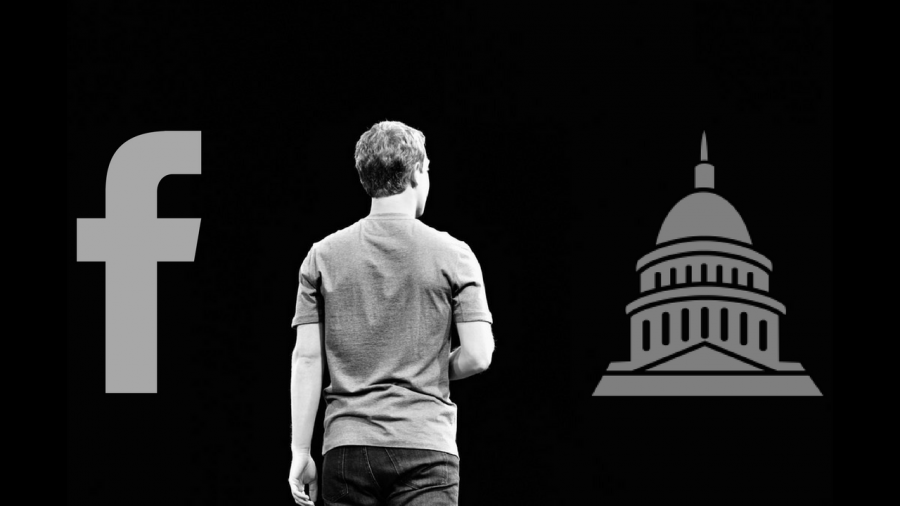On Thursday, Mark Zuckerberg took to Facebook Live to announce the company would cooperate further with the U.S. Congress by providing evidence of the Russia-linked ads found as proof of election interference. The CEO also outlined nine steps to protect the integrity of the democratic process.
Zuckerberg, coming back from parental leave after the birth of his first child, took the issue head-on and said the platform would take additional measures to tighten controls and increase transparency when it comes to political campaign advertising.
The head of Facebook stated they were taking special precautions with the upcoming elections in Germany, set to take place over the weekend. Special Counsel Robert Mueller is already in possession of the ads in question and has been reviewing them as part of the evidence in his investigations on the Trump campaign.
These are Facebook’s 9 steps to protect democracy
Addressing the fact that over 3,000 ads attempting to influence voters made its way into Facebook and that groups linked to none other than the Kremlin had paid more than $100,000 for them, Zuckerberg went on to list a series of nine steps they would take to enforce better political advertising practices.
First, the social network handed over the entire ad catalog in question to the U.S. Congress, after screening a preview to just some of the staff and making sure sharing the entirety of it wasn’t illegal.
Second, Facebook pledged to continue its own investigations, which pertain more to the tech side of things and the use of tools owned by the social giant including WhatsApp and Instagram.
Third and fourth, Zuckerberg promised to increase the transparency of political ads and to enforce more thorough reviews prior to their publication. The executive pledged to more than doubling its election integrity workforce this next year as a fifth step.
Actions six and seven are focused on collaboration: Facebook will work closer than ever with election commissions across the world as well as with other tech giants to share information in hopes of avoiding this sort of interference schemes in the near future.
The platform wants to “protect political discourse from intimidation” as an eighth measure by basically creating new anti-bullying tools targeted at securing political campaign integrity. Finally, Zuck and co. promised to monitor the German election closely, as it is a real-life scenario that could have similar incidents.
Has Facebook turned too powerful?
Aside from the nice gesture of personally addressing the issue, some people feel that the fact that Mark Zuckerberg talks to its users as some sort of global leader is somewhat weird. Facebook playing such a major role in the election of a country’s president is, for the lack of a better word, eerie.
Leaving all conspiracy theories of world domination aside as well, it is inevitable to feel that the social network has managed to make itself an essential part of our lives even if we are not active users or even registered on it.
The scope and reach of Facebook’s tools and platforms are massive, and its power lies in the information it handles. In just a little over a decade, the site has gone from college social network to a global community capable of influencing the future of, well, the entire world.
As Zuckerberg himself said at the end of his transmission “we are in a new world,” and they have, indeed, risen to the occasion.
Source: Facebook


